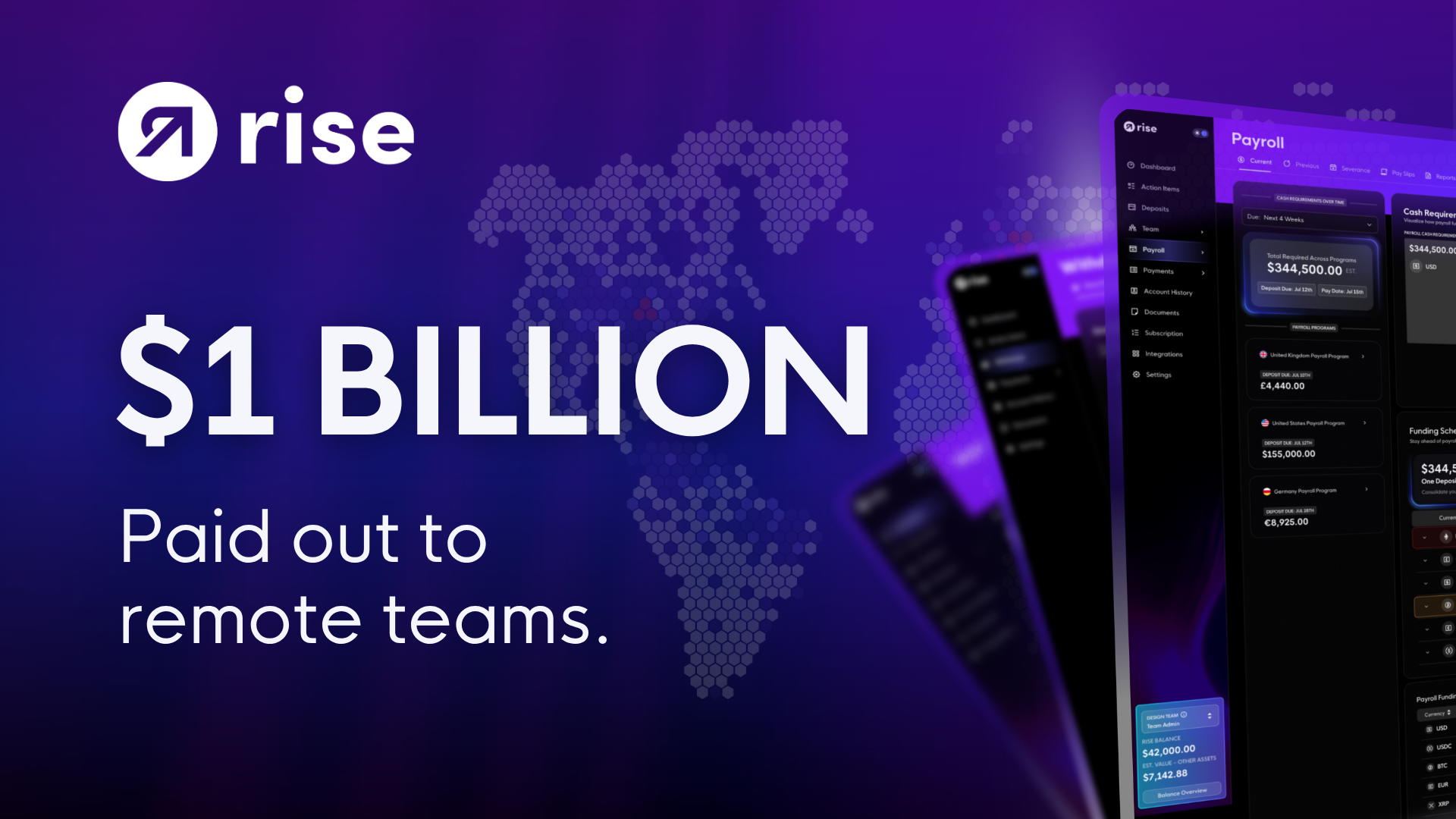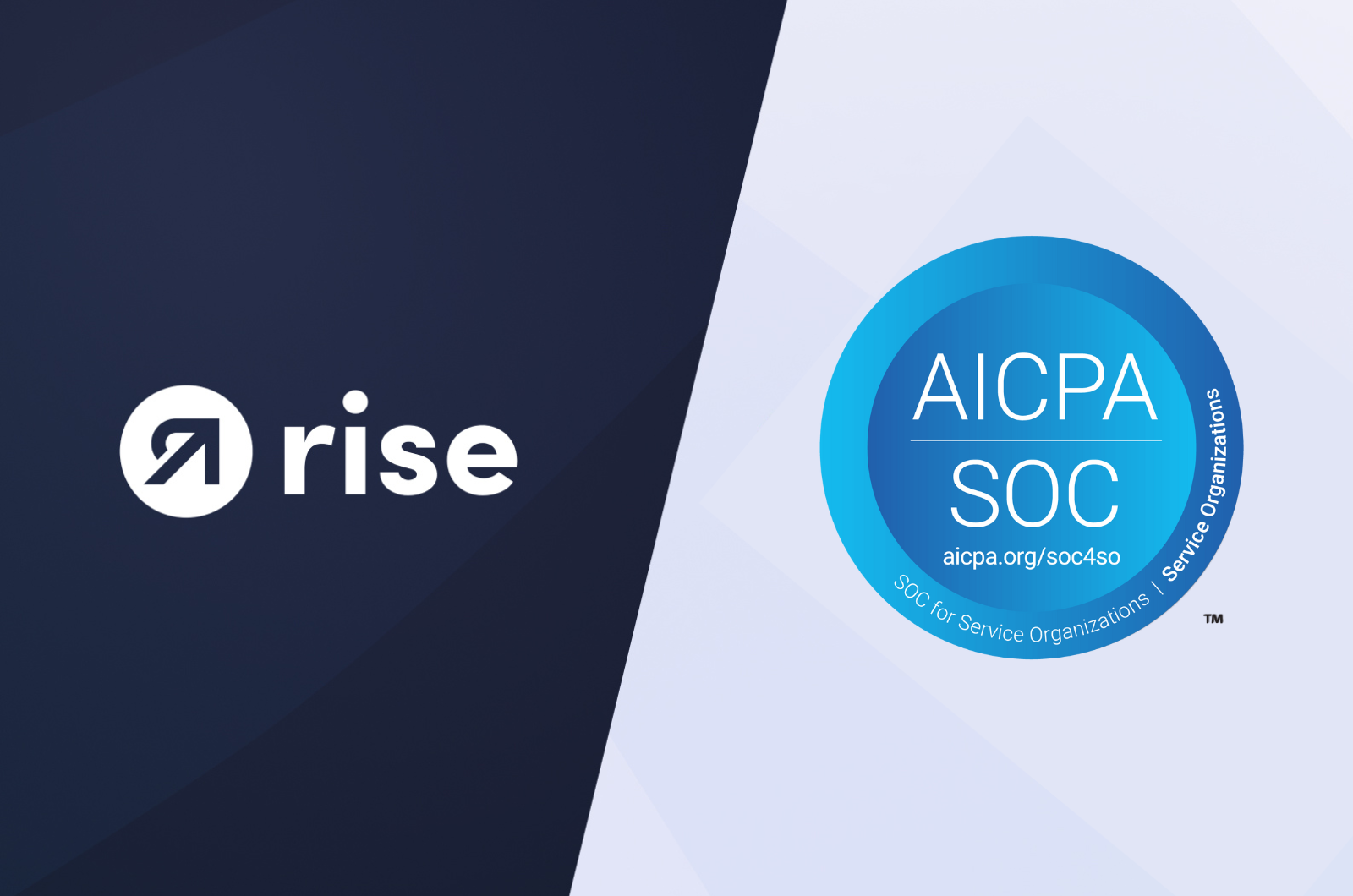

We just launched our new brand. Check it out and see how we are changing the Remote Payment HR world forever.
Payrolling
Payrolling companies handle various payroll tasks on behalf of businesses, including calculating wages, managing tax withholdings, and ensuring compliance with employment regulations.
This service is often used to manage temporary or contingent workers, freelancers, or independent contractors.
Key Elements of Payrolling
- Outsourced Payroll Management: Businesses delegate payroll tasks to a specialized payrolling company or agency.
- Employment Compliance: The payrolling company ensures that all tax filings and employment regulations are followed, reducing the risk of non-compliance.
- Payment Processing: The payrolling company disburses payments to employees, freelancers, or contractors on behalf of the business.
- Employer of Record (EOR): In many cases, the payrolling service acts as the Employer of Record, taking legal responsibility for employment compliance while the client company directs the work.
Why Is Payrolling Important?
Payrolling simplifies workforce management, particularly for companies employing contingent workers or freelancers.
Key benefits include:
- Reduced Administrative Burden: Outsourcing payroll tasks allows businesses to focus on core operations.
- Compliance Assurance: Payrolling providers ensure that all tax and labor laws are followed, reducing the risk of costly errors or legal issues.
- Cost Efficiency: Managing payroll in-house can be time-consuming and expensive, especially for small businesses or companies with complex payroll needs.
- Flexibility in Hiring: Payrolling is especially useful for companies that frequently hire temporary or seasonal workers or contractors.
Best Payrolling Service: Rise
Here are five key reasons why Rise stands out as the best payroll service:
1. Seamless Crypto and Local Currency Payments
Rise allows businesses to pay contractors in both local currency and cryptocurrency, providing unmatched flexibility. This is called Hybrid Payroll.
This dual-option payment system is ideal for global teams who may prefer or require different forms of payment, making Rise highly adaptable to various payroll needs.
2. Compliance with International Regulations
Rise ensures full compliance with labor and tax laws across multiple countries, taking the complexity out of international payroll management.
With modern compliance features, businesses can focus on growth without worrying about penalties or legal issues in different jurisdictions.
3. Real-Time Payment Processing
Rise offers quick and reliable payment processing, enabling contractors to receive their earnings faster.
This includes daily or weekly payroll options, ensuring that businesses can meet the demands of a rapidly changing workforce and boost employee satisfaction.
4. Integrated Benefits and Healthcare
Rise partners with SafetyWing to provide affordable international healthcare for remote workers, ensuring that employees have access to quality health coverage.
This added benefit enhances Rise's value as a comprehensive payroll solution that goes beyond payments.
5. Scalable for Global Teams
With Rise, businesses can easily scale their payroll as their global workforce grows.
Our platform’s ability to handle complex, multinational payrolls with ease makes it perfect for companies looking to expand into new markets without facing payroll bottlenecks.
How Does Payrolling Work?
In a typical payrolling arrangement:
- Business Contracting: The company enters into a contract with a payrolling provider to handle payroll for a specific group of workers.
- Time Tracking & Payment: The client company tracks the hours worked by employees or contractors, providing this information to the payrolling provider.
- Payroll Processing: The payrolling provider calculates wages, deducts taxes, and disburses payments.
- Compliance Management: The provider files payroll taxes, issues payslips, and ensures compliance with local labor laws.
Industries That Benefit from Payrolling
Several industries rely on payrolling to streamline workforce management, particularly those with temporary or flexible work arrangements.
These include:
- Staffing Agencies: Many staffing companies use payrolling services to manage the payroll of temp workers or independent contractors.
- IT & Tech: Freelancers and contractors in the tech industry are often paid through payrolling arrangements.
- Construction: Construction companies use payrolling to handle short-term contracts or project-based work.
- Healthcare: Hospitals and clinics may use payrolling to manage temporary or per diem healthcare workers.
- Event Services: Payrolling is common in industries where short-term labor is required, such as event planning or production.
Benefits of Payrolling
1. Simplified Compliance: Payrolling companies stay up to date with changing regulations and tax laws, ensuring compliance with local, state, and federal requirements.
2. Cost Savings: Outsourcing payroll eliminates the need to hire an internal payroll department, reducing overhead costs for businesses.
3. Focus on Core Business: By outsourcing payroll, businesses can focus on strategic goals and operations rather than administrative payroll tasks.
4. Risk Mitigation: The payrolling provider assumes the legal risks related to payroll, taxes, and employee classification, protecting businesses from costly errors.
Payrolling vs. Traditional Payroll
While traditional payroll involves in-house management of wage calculation, tax filing, and compliance, payrolling shifts these responsibilities to an external provider.
The main differences are:
- Employer of Record: In payrolling, the third-party provider is often the Employer of Record (EOR), handling all employment compliance. In traditional payroll, the business retains this responsibility.
- Flexibility: Payrolling is commonly used for contingent workers or contractors, whereas traditional payroll is typically used for full-time employees.
Challenges of Payrolling
While payrolling offers many benefits, it also comes with a few challenges:
- Outsourcing Control: Businesses may feel they have less direct control over payroll processes when outsourcing to a third party.
- Costs: Payrolling services charge fees, which can add up depending on the volume of employees or contractors being managed.
- Complex Arrangements: In certain cases, managing payrolling for global workers or complying with international laws can be complex and require specialized services.
Payrolling in a Global Workforce
As businesses expand their operations internationally, global payrolling becomes an important tool.
With different tax laws, employment regulations, and payment systems in each country, payrolling providers offer a solution to managing global payroll across borders.
Features of global payrolling include:
- Localized Compliance: Ensuring payroll compliance with each country’s labor and tax laws.
- Multi-Currency Payments: Paying workers in local currency or even using crypto payroll options for quicker, cost-effective global transactions.
- Employer of Record (EOR) Services: The payrolling provider may act as the Employer of Record in multiple countries, taking responsibility for employment regulations.
Best Practices for Payrolling
- Choose a Reliable Provider: Ensure that the payrolling company has experience with your industry and understands local and international compliance.
- Monitor Compliance: Although payroll is outsourced, it's essential to regularly monitor and audit the payrolling provider’s compliance with employment laws.
- Utilize Technology: Use payroll management software to integrate time tracking, payments, and tax reporting seamlessly with your payrolling service.
Frequently Asked Questions About Payrolling
1. What is the difference between payrolling and payroll outsourcing? While both involve third-party management of payroll, payrolling typically refers to managing temporary or contingent workers, often with the provider acting as the Employer of Record.
2. Can small businesses benefit from payrolling? Yes, small businesses that hire freelancers or temporary workers can use payrolling to reduce the administrative burden and ensure compliance.
3. What is the cost of payrolling services? Costs can vary depending on the provider, the number of workers, and the complexity of payroll. Typically, fees are charged per employee or as a percentage of the total payroll.
Related Terms
Revolutionize your Payroll & Empower your People
Get access to the definitive guide on web3-enabled payroll and compliance solutions










.png)



